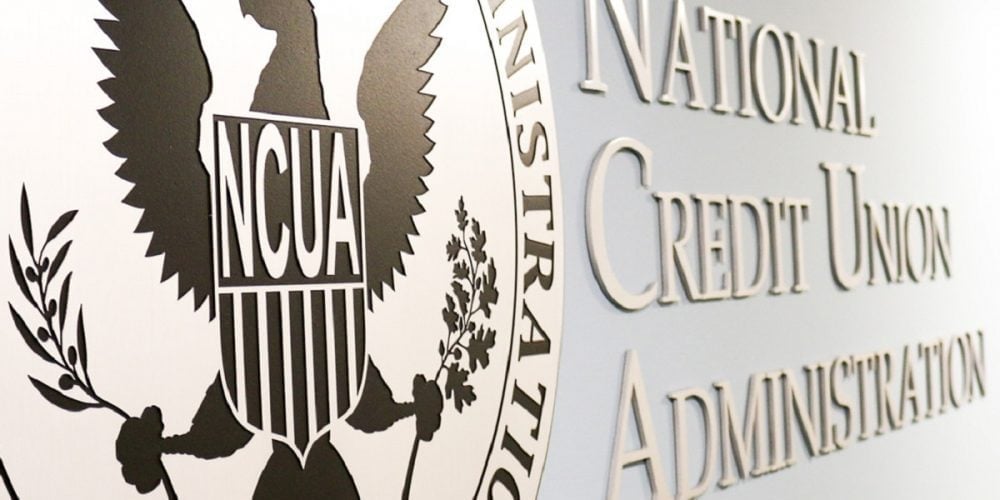Spotify made news earlier this month when the steaming service announced it was implementing a flexible holiday policy. In recognition of its diverse workforce, which is made up of 90 nationalities, the startup said it will allow its employees to choose which public holidays they take off work to celebrate. For example, a Spotify employee can opt to work on Christmas Day and not on a holiday more meaningful to their culture, religion or lifestyle.
This is just one example of the many ways more firms – from legacy to startup – are taking intentional steps to become inclusive. These organizations understand that opening their services to more people, particularly the underserved, is not only the right thing to do; it’s also good business. And yet, to foster inclusion externally, they must first be able to demonstrate they are doing it internally.
More credit union leaders are taking meaningful steps toward advancing financial inclusion specifically in their communities. Providing underserved individuals with financial services that are both affordable and enveloped by financial education can have tremendous impact on a city, town, village or neighborhood. However, it’s far from simple, especially for credit unions looking to execute financial inclusion strategies for the first time.
Chief among the challenges is that financial inclusion is a two-way street. A credit union can offer up fair, dignified, affordable and culturally relevant services, but if community members don’t take action, the impact of those products and services is nullified. To inspire that action, credit unions have to come from a position of authenticity. In other words, community members – particularly those unfamiliar or uncomfortable with traditional financial institutions – want to see certain things from the credit union. Employees who look like them, communications that speak to them and experiences that feel real to them are crucial to encouraging underserved individuals to give credit union membership real consideration.
Some leaders are limited in the way they think about diversity, which can also influence how they think about inclusion. While it is important to ensure the people who make your credit union run are ethnically and culturally diverse, it’s also true that the cooperative will benefit from the thought leadership of individuals from diverse age groups, education levels and socio-economic classes. The latter of these segments is becoming important to more credit unions today than ever before.
Coopera will soon release a white paper on this very topic, including concrete ideas for fostering inclusion from the inside out. Watch for news of its release here on CUinsight.com.







